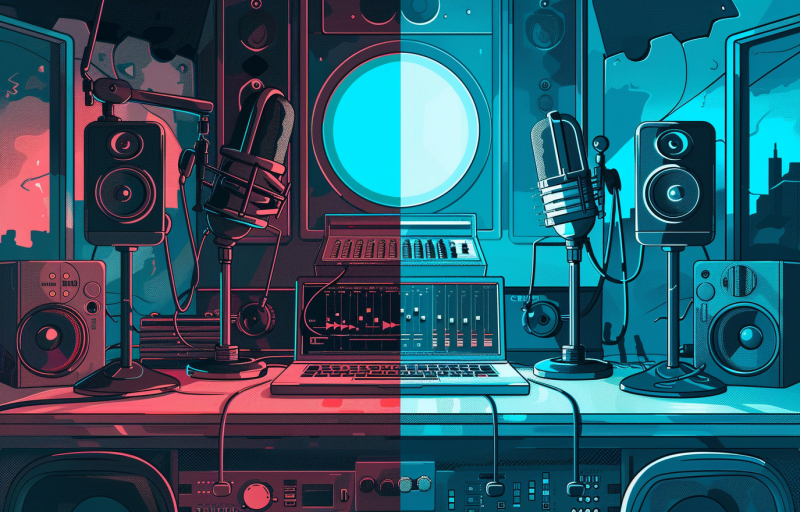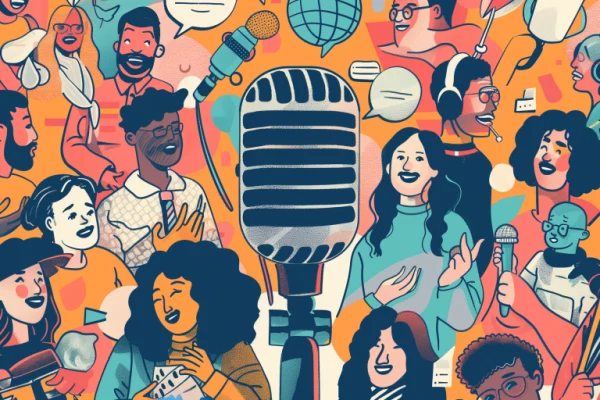Knowing the difference between WAV and MP3 formats is crucial due to the impact it has on sound quality, file size, and compatibility.
WAV or MP3? It's not just a technical matter but also, to some extent, related to the romanticism that many producers feel towards the audio format.
But what are their differences?
Before we start the comparison, let's learn a bit more about both.
What is the WAV format?
The WAV format, which stands for Waveform Audio File Format, is one of the oldest and widely used audio file formats.
It is known for its ability to store audio in uncompressed format, which means it preserves every detail of the original sound without loss of quality. This feature makes it a popular choice among music professionals and audio production in general.
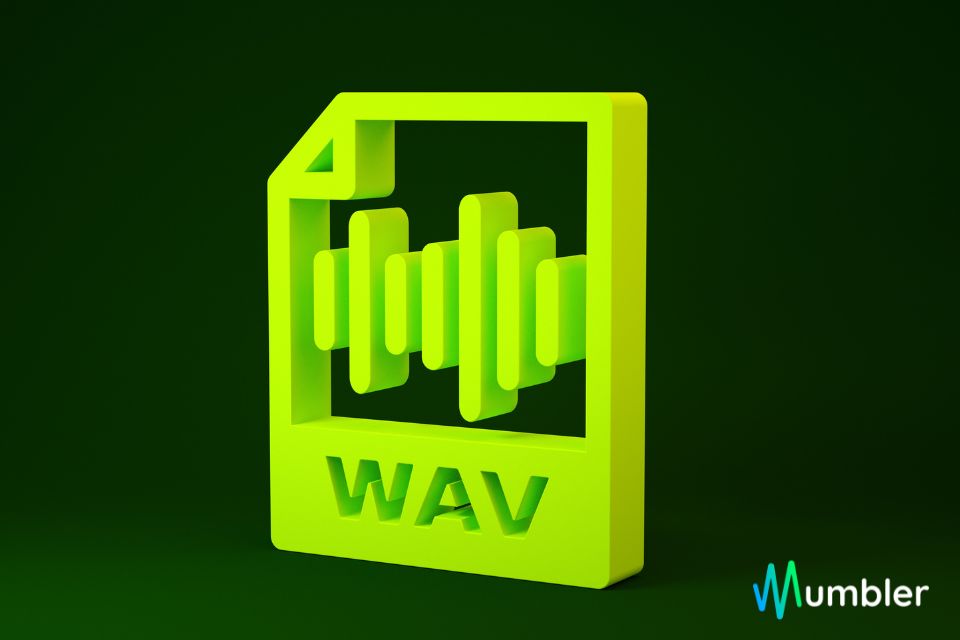
Key features of the WAV format:
- Uncompressed: WAV files store audio in its uncompressed form, ensuring faithful reproduction of the original sound. This makes WAV files ideal for situations where audio quality is paramount.
- Audio quality: Due to its uncompressed nature, WAV files offer exceptional audio quality. They capture every nuance, tone, and subtlety of a recording accurately, resulting in an unmatched listening experience for audiences.
- File size: As a trade-off for its high quality, WAV files tend to be considerably larger in size compared to compressed audio formats like MP3. This means they may occupy more storage space on hard drives or storage devices.
- Compatibility: The WAV format is widely compatible with a variety of devices and audio playback applications, from computers and smartphones to dedicated audio players.
The WAV format is an excellent choice for those seeking maximum audio quality and are willing to sacrifice storage space to achieve it.
What is the MP3 format?
The MP3 format, short for MPEG-1 Audio Layer 3, is one of the most popular and widely used audio file formats in the world of digital audio.
Unlike the WAV format, MP3 is a compressed audio format, which means it reduces the file size by removing certain audio information that is considered less perceptible to the human ear. This compression allows for more efficient storage without significant loss of perceptible quality.
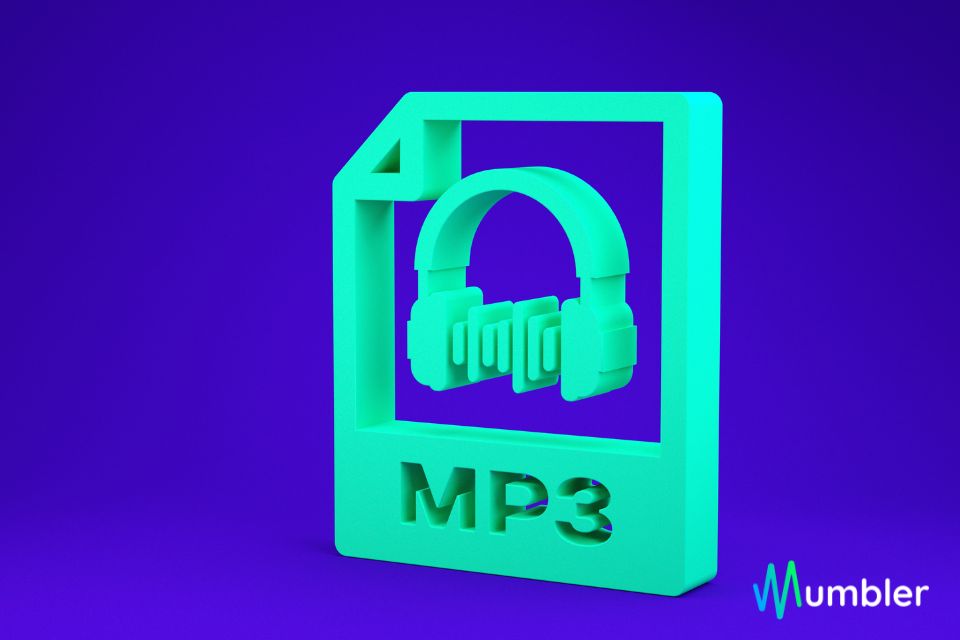
Key features of the MP3 format:
- Audio compression: MP3 uses compression algorithms to reduce the size of audio files without sacrificing too much sound quality. This compression is achieved by removing parts of the audio that are considered less perceptible to the human ear, such as extremely high or low frequencies and background ambient sounds.
- File size: As a result of compression, MP3 files are considerably smaller in size compared to uncompressed WAV files. This makes them ideal for online distribution and consumption as they require less bandwidth to transmit and less storage space on devices.
- Audio quality: While MP3 compression may result in a slight loss of quality compared to uncompressed audio, most people do not perceive this difference under normal listening conditions. For many listeners, MP3 quality is more than sufficient to enjoy audio content satisfactorily.
- Compatibility: The MP3 format is widely compatible with a wide range of devices and audio playback applications. This includes computers, smartphones, portable music players, and online streaming platforms.
The MP3 format offers a combination of reduced file size and acceptable audio quality, making it a popular choice for online audio distribution and consumption.
It is especially suitable for situations where file size efficiency is prioritized over maximum audio quality.
Differences between WAV and MP3
When comparing WAV and MP3 audio formats, it's important to consider several key differences that affect sound quality, file size, and compatibility with different devices and playback platforms.
Audio quality
- WAV: Due to its uncompressed nature, WAV files offer the highest possible audio quality. They capture every detail of the original sound accurately, resulting in a great listening experience.
- MP3: Although MP3 offers acceptable audio quality, it's important to note that the compression used in this format can result in a slight loss of quality compared to uncompressed audio.
File size
- WAV: Due to their uncompressed nature, WAV files tend to be considerably larger in size compared to compressed MP3 files. This means they require more storage space on hard drives or storage devices, which can be an important consideration for those with space limitations.
- MP3: The compression used in the MP3 format significantly reduces the size of audio files compared to uncompressed WAV files. This makes them ideal for online distribution and consumption as they require less bandwidth to transmit and less storage space on devices.
Compatibility
- WAV: Although the WAV format is widely compatible with a variety of devices and audio playback applications, its larger file size may hinder online distribution and playback, especially on networks with limited bandwidth.
- MP3: The MP3 format is compatible with a wide range of devices and audio playback platforms. Its smaller file size makes it ideal for online distribution and consumption as it requires less bandwidth to transmit and less storage space on devices.
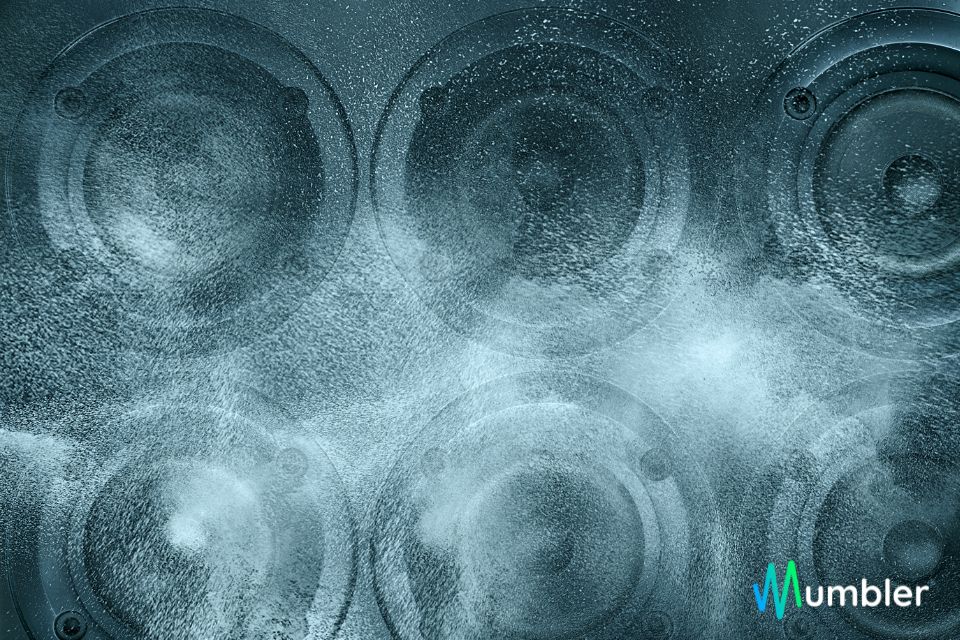
WAV or MP3? How to know which one to choose?
Now that we know the characteristics and differences of both formats, it's time to make a decision.
In fact, the vast majority of podcasters will never have to make this decision because hosting platforms do it for us.
Due to the large size of WAV files, most podcasting platforms (if not all) restrict the possibility of uploading audio files in MP3 format.
This is because of the large amount of storage space they would need if they allowed hosting content in WAV format. Additionally, if they were to accept this format, data transfers would also be affected by the high size of these files and their corresponding weight.
More file size, more data to transfer, and consequently, more time, less speed, and higher cost.
Considering that the loss of quality is (almost) imperceptible to the human ear and that it is possible to listen to excellent podcast productions in MP3 format, we can conclude that this compressed format is sufficient for the sound expectations of podcasters and listeners.
However, as long as you are willing to cover the costs, you can host your podcast files in WAV format on your own server and deal with distribution manually through the feed.
Or, host your files in MP3 format on any platform (for example, on Mumbler since it offers free hosting) and forget about this issue.
I guarantee your listeners won't notice the difference.
About the author
Content Manager at Mumbler.
Podcaster and content creator.
Passionate about communication and a fan of the WordPress community.
I talk about movies and series on Babel Infinito.
I talk about podcasting on Todo por Un Podcast.
